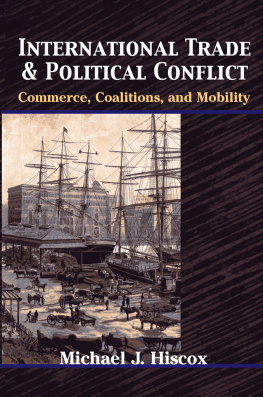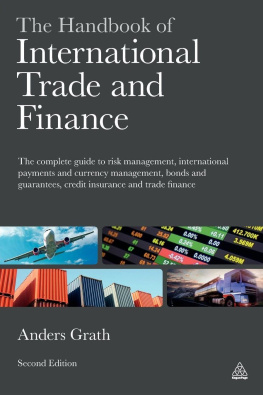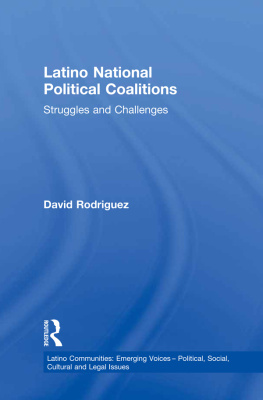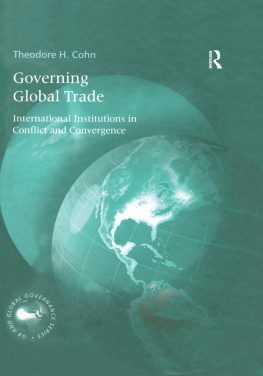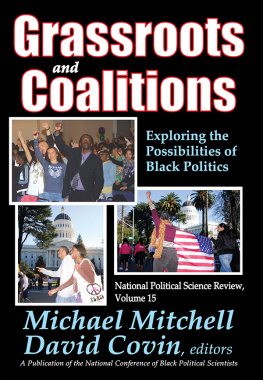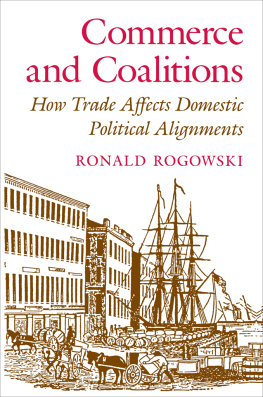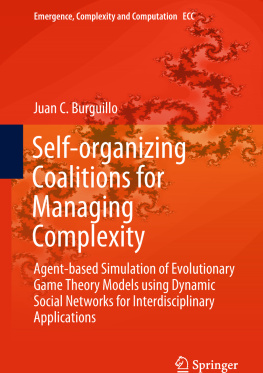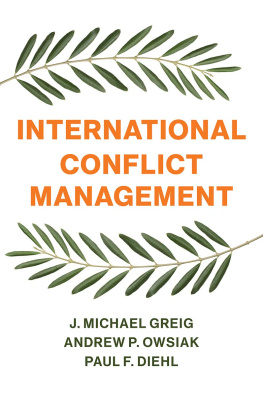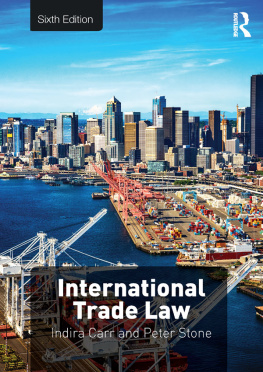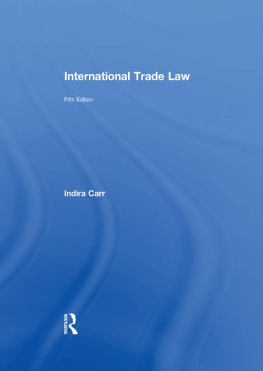Michael J. Hiscox - International Trade and Political Conflict: Commerce, Coalitions, and Mobility
Here you can read online Michael J. Hiscox - International Trade and Political Conflict: Commerce, Coalitions, and Mobility full text of the book (entire story) in english for free. Download pdf and epub, get meaning, cover and reviews about this ebook. year: 2001, publisher: Princeton University Press, genre: Politics. Description of the work, (preface) as well as reviews are available. Best literature library LitArk.com created for fans of good reading and offers a wide selection of genres:
Romance novel
Science fiction
Adventure
Detective
Science
History
Home and family
Prose
Art
Politics
Computer
Non-fiction
Religion
Business
Children
Humor
Choose a favorite category and find really read worthwhile books. Enjoy immersion in the world of imagination, feel the emotions of the characters or learn something new for yourself, make an fascinating discovery.
- Book:International Trade and Political Conflict: Commerce, Coalitions, and Mobility
- Author:
- Publisher:Princeton University Press
- Genre:
- Year:2001
- Rating:3 / 5
- Favourites:Add to favourites
- Your mark:
- 60
- 1
- 2
- 3
- 4
- 5
International Trade and Political Conflict: Commerce, Coalitions, and Mobility: summary, description and annotation
We offer to read an annotation, description, summary or preface (depends on what the author of the book "International Trade and Political Conflict: Commerce, Coalitions, and Mobility" wrote himself). If you haven't found the necessary information about the book — write in the comments, we will try to find it.
Michael J. Hiscox: author's other books
Who wrote International Trade and Political Conflict: Commerce, Coalitions, and Mobility? Find out the surname, the name of the author of the book and a list of all author's works by series.
International Trade and Political Conflict: Commerce, Coalitions, and Mobility — read online for free the complete book (whole text) full work
Below is the text of the book, divided by pages. System saving the place of the last page read, allows you to conveniently read the book "International Trade and Political Conflict: Commerce, Coalitions, and Mobility" online for free, without having to search again every time where you left off. Put a bookmark, and you can go to the page where you finished reading at any time.
Font size:
Interval:
Bookmark:
Political Conflict
eISBN 978-0-691-21486-3
1. International tradePolitical aspectsHistory. 2. Commercial policy
History. 3. Coalition (Social sciences). 4. Migration, Internal. 5. International
economic relations. 6. United StatesCommercial policyHistory. I. Title.
Font size:
Interval:
Bookmark:
Similar books «International Trade and Political Conflict: Commerce, Coalitions, and Mobility»
Look at similar books to International Trade and Political Conflict: Commerce, Coalitions, and Mobility. We have selected literature similar in name and meaning in the hope of providing readers with more options to find new, interesting, not yet read works.
Discussion, reviews of the book International Trade and Political Conflict: Commerce, Coalitions, and Mobility and just readers' own opinions. Leave your comments, write what you think about the work, its meaning or the main characters. Specify what exactly you liked and what you didn't like, and why you think so.

